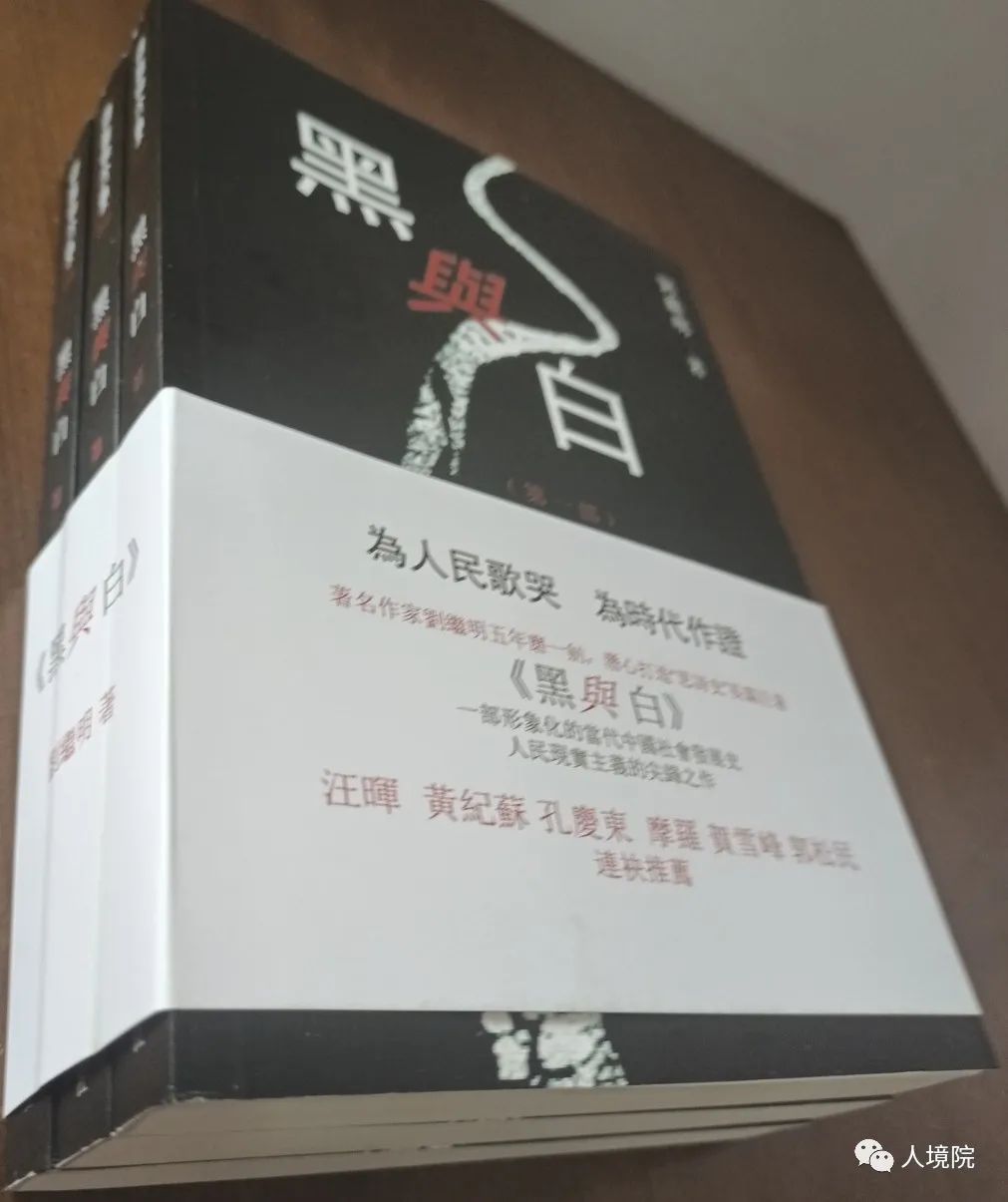油氣發現將改寫全球政治
Evercore Partners董事長、前美國財政部副部長 羅杰•奧特曼 為英國《金融時報》撰稿
2012年05月24日 05:55 AM
http://www.ftchinese.com/story/001044696
上周末,八國集團(G8)領導人發表了一份聲明,對石油市場出現供應中斷的可能性發出悲觀警告。顯然,他們誤解了這個市場,因為這份聲明根本沒有抓住重點。
鑒于西半球非常規油氣資源的新發現,供應中斷的威脅實際上在減弱。這些發現將降低價格和供應的波動性。它們還將“重置”并極大地改善國際關系。石油輸出國組織(Opec,簡稱歐佩克)這個卡特爾組織的日子已經屈指可數。局勢動蕩的石油國家——從伊拉克到委內瑞拉——將被邊緣化。G8發布的有關石油的聲明本應是樂觀的。
科技帶來了能源供應革命。先進的地震技術和復雜的鉆探方法開啟了以前不為人知或無法獲取的礦藏。因此,美國現在的天然氣供應可以維持100年。在石油方面,美國、加拿大、巴西可能還包括墨西哥的產量預計都將大幅增長。所有這些國家在未來20年可能會位居全球七大能源生產國之列。西方世界的石油產量自1952年以來首次有望滿足需求。
這將為更穩定的油氣市場的形成做好準備。市場將變得更龐大、更深化、更穩固。地緣政治因素造成的供應中斷將不會再產生那么大的影響,而且將變得不那么普遍。石油禁運將不會像1973年阿拉伯國家或1979年伊朗實施的禁運那樣造成嚴重破壞。國內沖突(如在伊拉克和利比亞發生的沖突)引發的石油產量下降也將不至于產生嚴重后果。簡單來說,穩定產油國的名單將變得更長,這將讓任何一個流氓國家的影響變得更為有限。
石油市場深化也應意味著,中長期而言,日常價格波動將降低。畢竟,石油在交易中日益具有金融工具的特征,而全球最具深度的金融市場(例如美國國債)往往波動性最小。此外,交易員成功操縱市場的可能性將因為能源市場的巨大規模而減小。
這種從供應層面解決問題的方式,還將推動全球政治秩序重組和改善。首先,隨著中東產油國的實力和重要性達到頂峰并走上下坡路,該地區在地緣政治中的核心地位將會減弱。一、二十年后,伊拉克的石油日產量是否會達到100萬桶的意義并不大。只有沙特阿拉伯的石油產出將不可或缺。歐佩克作為一個卡特爾組織(已在衰落)的想法將走向尾聲。這將導致該地區的安全部署出現變化。
美國長期以來部署在海灣地區的軍力(一直具有爭議)將減弱。美國政府在那里的唯一優先事務將是沙特阿拉伯和以色列的穩定,這兩個國家都已高度軍事化。另外,美國政府今后的預算緊縮將支持削減這樣的國防支出。
其次,俄羅斯等其它渴望獲得權力的石油國家在全球的影響力也將減弱。西方國家和印尼等國石油產量的不斷飆升,將導致這些國家被邊緣化。例如,隨著美國成為液化天然氣出口國,俄羅斯切斷對歐洲能源供應的能力將減弱。這一點,再加上俄羅斯人口不斷減少且經濟疲弱,將讓俄羅斯進一步衰落。
第三,美國能源政策將越來越著重于在西半球的關系。特別的,巴西可能會成為全球最強大的經濟和金融參與者之一。這種著重很有可能會在整個美洲地區促成一個自由貿易區。
第四,中國將受到很大影響。中國的石油日進口量預計將從400萬桶增至1200萬桶。中國80%的能源需求可能最終不得不依靠進口。但中國已是中東和非洲石油的最大客戶,這些地區一直不穩定。隨著西方對中東的保護減弱,中國將承繼美國留下的脆弱性。
二戰后,西方曾在能源生產方面引領世界。隨著西方石油生產陷入停滯,這種狀況消失了。西方的消費量飆升,中東的產量增加,不穩定性也隨之而來。能源從東方向西方輸出。如今,這種流動即將逆轉,市場將會改善,G8應該感到高興。
本文作者是Evercore Partners的董事長、前美國財政部副部長
Opec’s coming demise is cause for celebration
Roger Altman
Last weekend the leaders of the G8 issued a statement warning darkly of oil market disruptions. Apparently, they misunderstand this market because their statement missed the point by a wide margin.
The threat of disruptions is actually diminishing, given new finds of unconventional oil and gas in the western hemisphere. These discoveries will reduce price and supply volatility. They will also reset and profoundly improve international relations. The days of Opec, the oil producers’ cartel, are numbered. Unstable oil states, from Iraq to Venezuela, will be marginalised. The G8 statement on oil should have been optimistic.
Technology has led to a revolution in energy supply. Advanced seismic techniques and complex drilling methods have opened previously unknown or inaccessible deposits. As a result, the US now has a 100-year supply of natural gas. On the oil side, production in the US, Canada, Brazil and possibly Mexico is projected to grow sharply. All of these nations might rank among the world’s seven largest energy producers within the next 20 years. Oil production could match consumption across the western world for the first time since 1952.
This will provide for more stable oil and gas markets. They will become larger, deeper and less vulnerable. Geopolitically driven disruptions will have less impact and will be less common. No embargo, such as the one that Arab states imposed in 1973 or Iran enforced in 1979, will be severely disruptive. Nor will output losses triggered by conflicts, such as those in Iraq and Libya, have such effects. Put simply, the list of stable producers will be longer, making the impact of any rogue state more limited.
Deeper oil markets should also mean less day-to-day price volatility over the medium to long term. After all, oil is increasingly traded like a financial instrument, and the world’s deepest financial markets, such as US Treasury bonds, tend to exhibit the least volatility. Further, the potential for traders to engage successfully in manipulative behaviour will be diminished by the sheer size of the energy markets.
This supply resolution will also realign the global political order for the better. First, the geopolitical centrality of the Middle East will wane. That is because the power and relevance of its oil producers have peaked and are heading down. Whether Iraq is producing a million barrels of oil more or less is not going to mean much in 10 or 20 years. Only Saudi Arabia’s output will be indispensable. The idea of Opec as a cartel, already fading, will be over. This will lead to different security arrangements in the region.
The longstanding US military presence in the Gulf, always a lightning rod, will be reduced. Washington’s only remaining priorities there will be the stability of Saudi Arabia and Israel, both already heavily militarised. Moreover, the coming budget austerity in Washington will support such defence cuts.
Second, the global leverage of other power-hungry oil states, such as Russia, will also weaken. These nations will be marginalised by surging oil production in the west and in countries such as Indonesia. For example, Russia’s capacity to shut off energy supplies to Europe will diminish as America becomes an exporter of liquefied natural gas. This, together with its falling population and weak economy, will put Russia into further decline.
Third, US energy policy will increasingly be preoccupied with relations in the western hemisphere. Brazil, in particular, may emerge as one of the world’s strongest economic and financial players. This focus could well result in a free-trade zone throughout the Americas.
Fourth, the implications for China are serious. Its oil imports are projected to rise from 4m barrels a day to 12m b/d. The country may eventually have to import 80 per cent of its energy. But China is already the biggest customer for Middle Eastern and African oil and historically these have been unstable regions. As western protection for the Middle East diminishes, China will step into the vulnerability that the US is leaving behind.
After the second world war the west led the world in energy production. That disappeared as the west’s production stagnated. Its consumption soared and Middle East production rose, bringing instability along with it. Exports flowed from east to west. Now this flow is reversing, markets will improve and the G8 should be cheering.
The writer is chairman of Evercore Partners and a former US deputy Treasury secretary
相關文章
「 支持烏有之鄉!」
您的打賞將用于網站日常運行與維護。
幫助我們辦好網站,宣傳紅色文化!
歡迎掃描下方二維碼,訂閱烏有之鄉網刊微信公眾號






